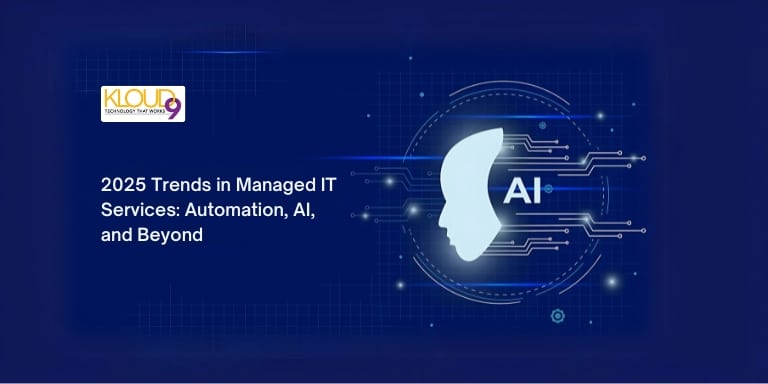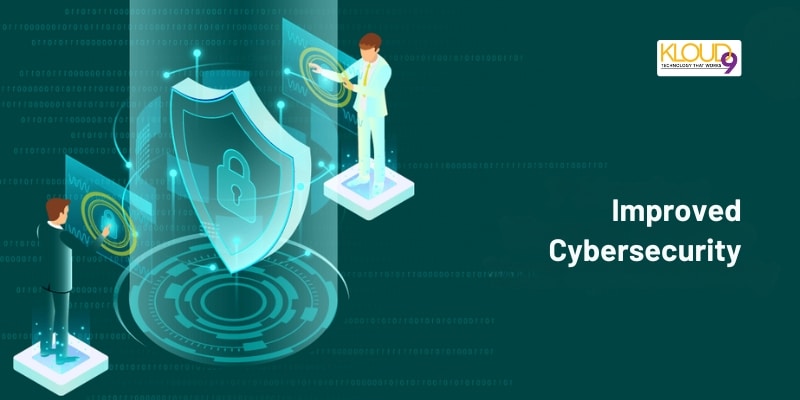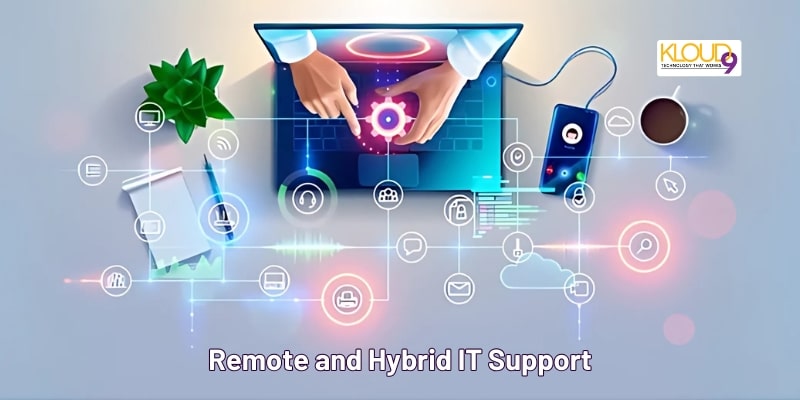The year 2025 might have started like every other year, but it is here with its perks for the near future, especially in business. Automation, cloud computing, artificial intelligence, and more are revolutionizing managed IT services.
With modern trends set to redefine the industry, managed IT providers drive business growth and enable small and large businesses to stay competitive and efficient. They are also evolving to meet new demands and enhance IT support services.
This article will unlock these trends to help you take your business to the next level. We will focus on the critical developments in managed services and their potential impact on companies and business networks.
2025 Trends in Managed IT Services
In 2025, managed IT services will shift towards models focused on providing businesses substantial value through innovative solutions rather than just ensuring IT support services. MSPs will become more than support staff.
Here are the top trends to watch:
AI and Automation
Artificial intelligence started slowly, but its impact is taking over as the world progresses. So far, AI has dominated many conversations and headlines. However, automation and AI are still reaching their full potential in managed IT services.
However, artificial intelligence and automation have begun making waves in managed IT services, allowing providers to deliver more efficient, accurate, and faster IT solutions than they used to. This advancement enables AI-driven tools to automate repetitive processes easily, predict potential problems, and analyze data.
Thanks to this trend, managed IT services are also more proactive, as they can analyze issues before they affect business operations. Altogether, AI and automation are helping businesses improve system performance and uptime.
Automation has helped to simplify several tasks for IT support services, such as data backups, patch management, and system monitoring, minimizing the burden on IT vendor management and reducing human error. Managed IT services that adopt automation and AI will earn improved business productivity.
Improved Cybersecurity and Zero-Trust Infrastructure
Cybersecurity threats are becoming increasingly sophisticated, and small businesses are often at risk if they lack robustness and security. With these looming concerns, companies must adopt strong cybersecurity solutions. In response, managed IT services are progressing toward a zero-trust security architecture, which operates on the policy that no user, system, or device is automatically trusted.
Zero-trust models can help minimize unauthorized access and data breach risks by continuously verifying users and devices, improving overall security posture. Managed IT vendor management incorporates real-time monitoring, advanced authentication strategies, and endpoint protection to safeguard businesses' sensitive information from falling into the wrong hands.
Cybersecurity solutions also integrate artificial intelligence to identify and hinder unauthorized behavior and block potential threats immediately when they appear. Computer businesses offer expert cybersecurity solutions, protecting businesses from emerging threats and enforcing top security practices.
Edge Computing for Virtual Data Processing
Edge computing is helping to improve performance and reduce latency in growing businesses, allowing companies to prioritize efficiency and speed. This technological approach processes data locally at the network’s edge rather than sending it to a centralized data center. Edge computing reduces latency by cutting down data travel distance, ensuring faster response times crucial for real-time applications, such as industrial automation, autonomous vehicles, and live video processing. This trend enables more effective response operations.
Managed IT services have integrated edge computing solutions to improve business IT support and operations, ensuring reduced response time, faster data processing, and offering support to business applications that require instant responses. MSPs can help businesses implement edge computing solutions tailored to their specific operational requirements, allowing firms to drive innovations, optimize their performance, and enable quicker decision-making.
Remote and Hybrid IT Support
The shift to hybrid and remote work redefines the IT landscape for businesses. Managed IT services are adopting the change by enforcing robust remote access solutions, mobile device management, and virtual private network management to ensure staff members can work securely from anywhere. IT vendor management supports these infrastructures by providing tools for collaboration and productivity in operations regardless of location.
Managed service providers also handle network security services for remote work environments, protecting businesses against security threats due to vulnerable remote access. MSPs support remote frameworks and offer 24/7 IT support services to help companies maintain smooth operations and an employee experience.
Cloud-First Strategies
Due to cloud strategies and hybrid solutions, business scalability, enhanced flexibility, and optimized resource allocation are thriving. With rapid cloud adoption, managed IT services adapt to support cloud-first approaches, enabling businesses of all sizes to scale new heights.
Many companies are implementing hybrid cloud environments, allowing businesses to maintain private cloud security and control, actualize public cloud scalability, and optimize agility, resource allocation, and storage.
IT vendor management helps to guide businesses through successful cloud transitions, ensuring seamless return of investments and integration with existing models. Hybrid cloud services also ensure that companies enjoy the advantages of private and public clouds, providing a better customization and security solution. Partnering with a managed service provider in 2025 allows businesses to leverage expert cloud solutions for more innovations and growth in their establishments.
Internet of Things (IoT) Management and Integration
The Internet of Things (IoT) transforms businesses by linking devices and systems, driving efficiency, and improving productivity. However, as the number of connected devices grows, so do the challenges of securing them, maintaining network reliability, and managing the data they generate.
Businesses that partner with managed IT services can securely integrate IoT devices, effectively manage data flow, and optimize their business performance. This allows small and large companies to unlock the full potential of IoT. Organizations can also turn IoT data into valuable business intelligence with expert IT support services.
Conclusion
As 2025 progresses, managed IT services will evolve as automation, AI, and other emerging technologies like the Internet of Things, cloud strategies, and edge computing drive them. Those with businesses can expect improved efficiency, innovations, and cybersecurity solutions as MSPs use these trends to empower companies to thrive in a rapidly changing digital landscape.





You must be logged in to post a comment.